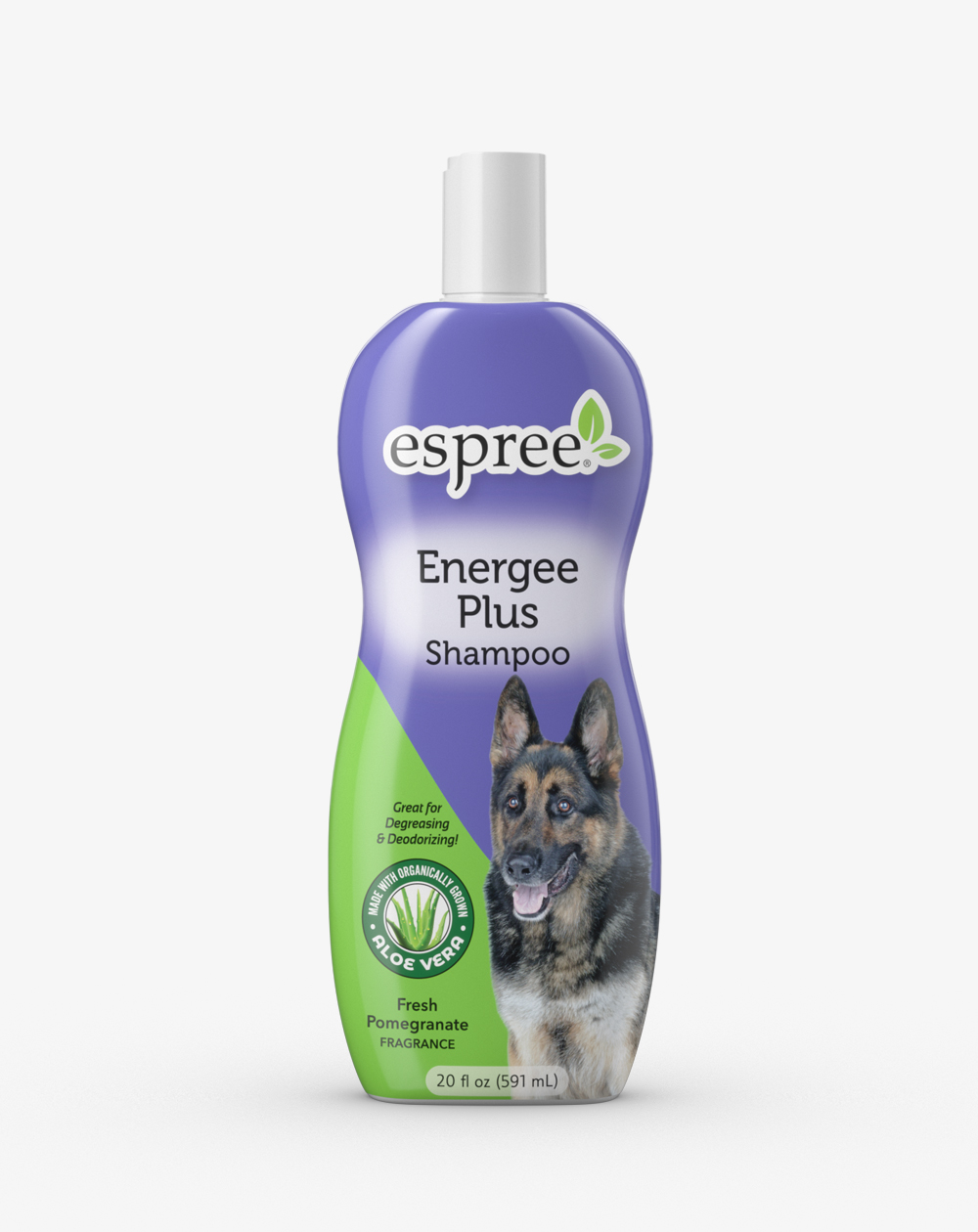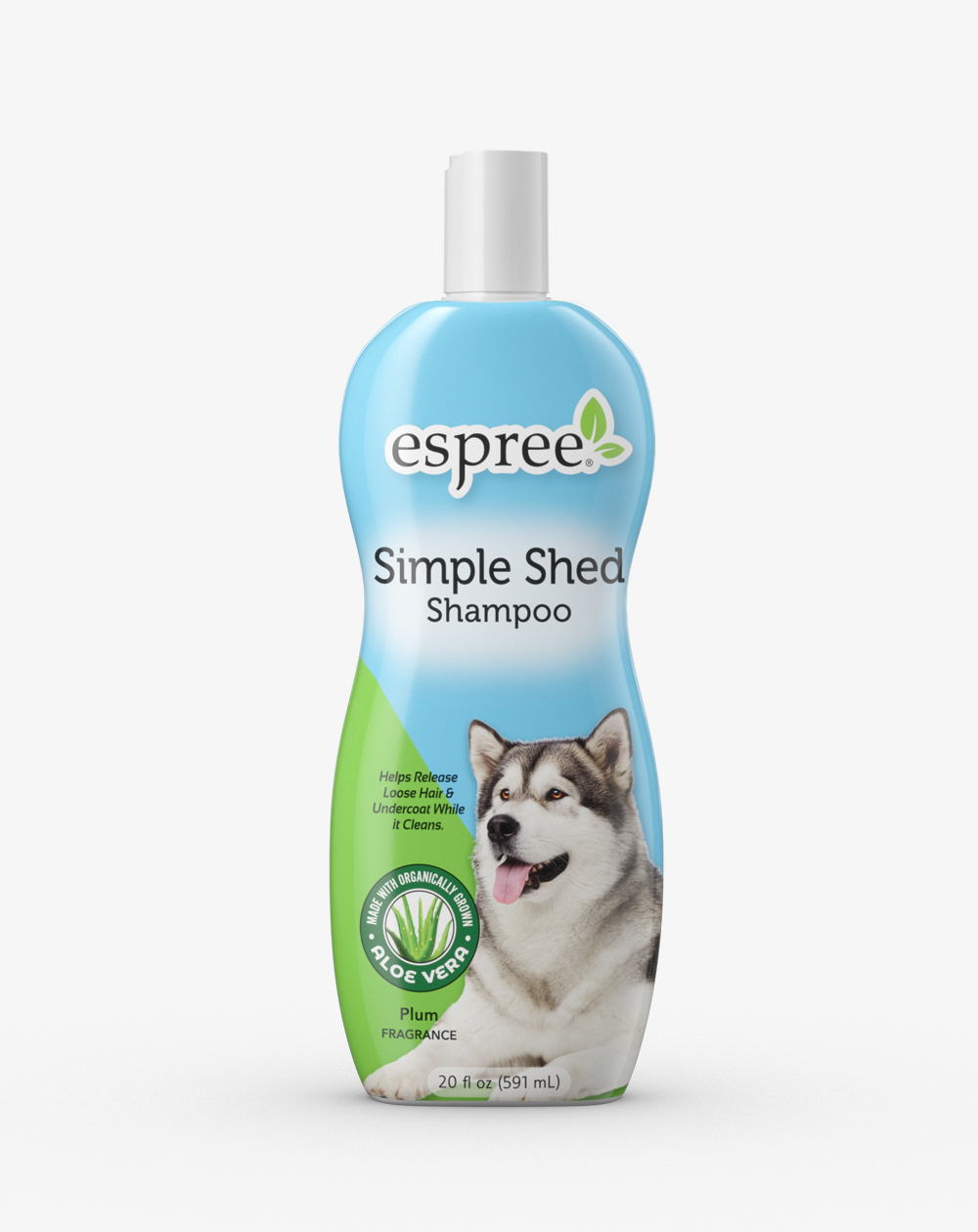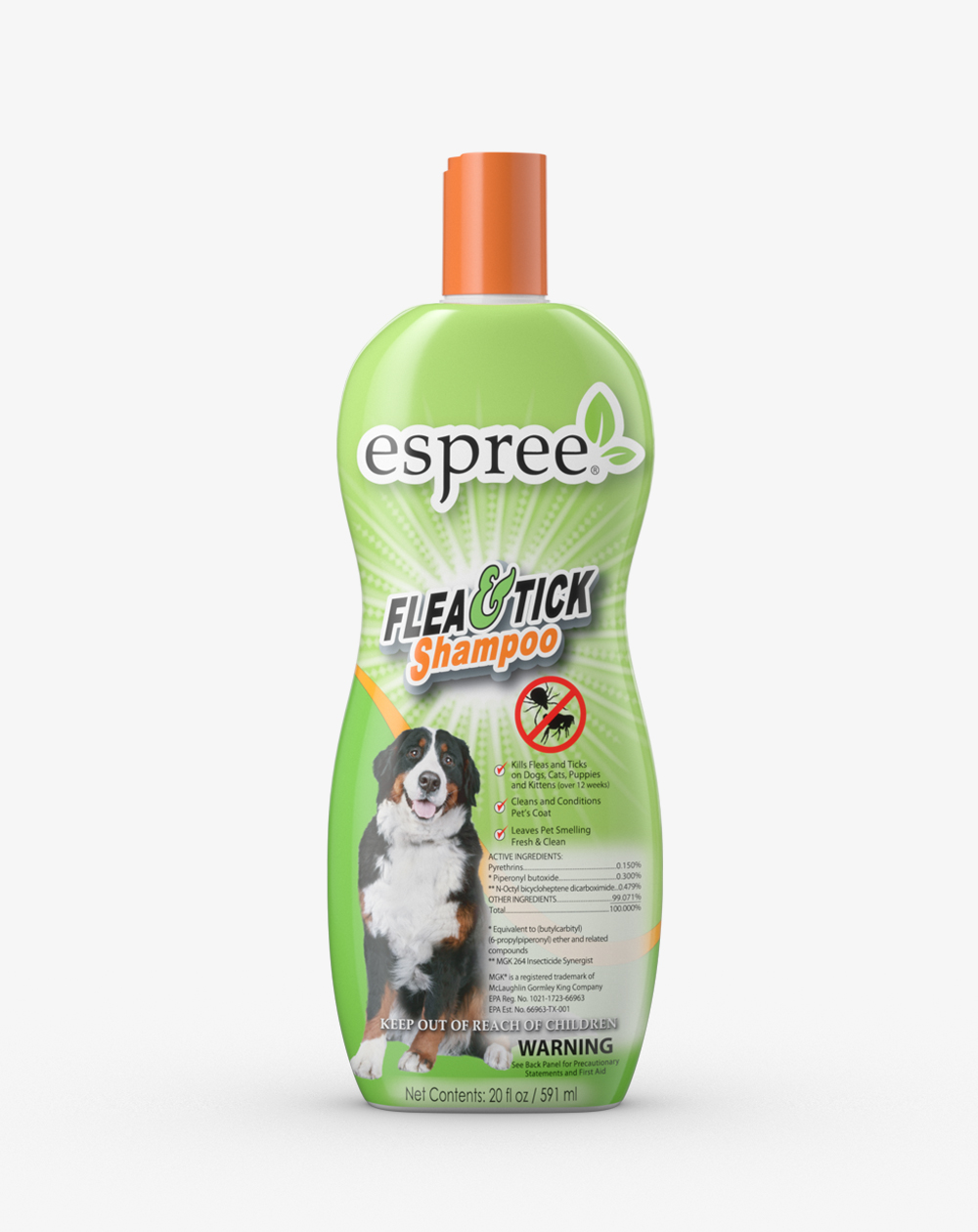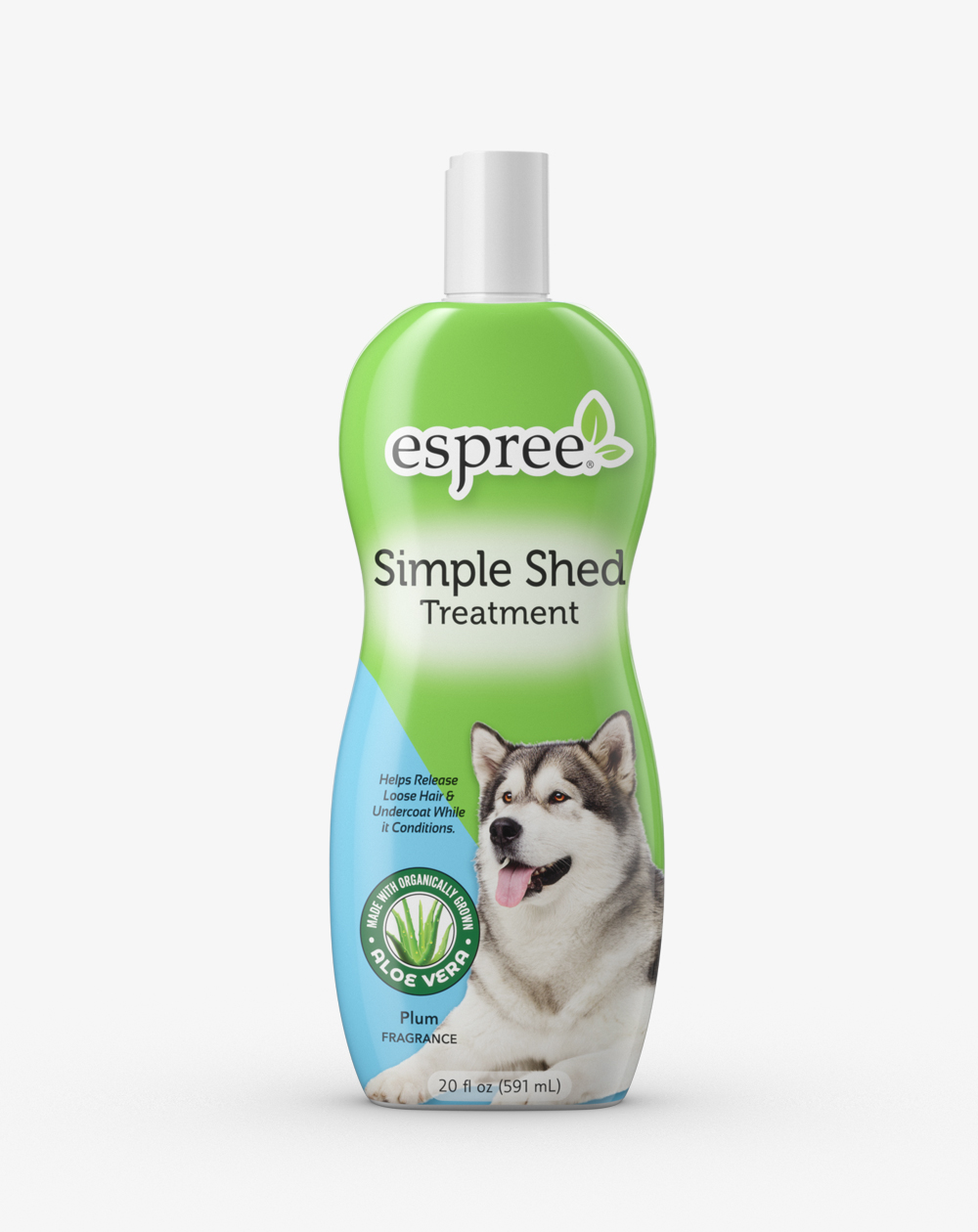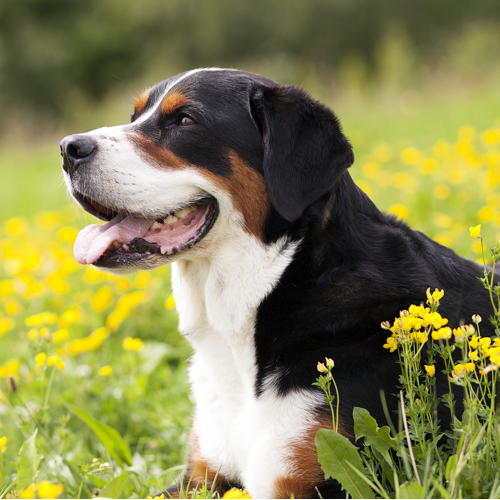
Greater Swiss Mountain Dog
Large, sturdy and confident, the Greater Swiss Mountain Dog (GSMD or "Swissy") is a draft and drover breed – robust and agile enough to perform farm work in very mountainous regions. As a working dog, Swissies like having a job to do and enjoy participating in hiking, carting, obedience trials, herding, weight pulling, and backpacking with their owners. The breed’s short, dense coat is black with symmetrical rust and white markings.
Breed Profile
The "Swissy" is a social dog that enjoys being a member of the family. Owners should be patient with housetraining; dogs may grasp the concept in a few weeks, but it can take many months for them to become reliable. Daily exercise is necessary but should be moderate due to their large size and dark, thick coat, which can cause them to overheat in high temperatures. Coats need to be brushed once or twice a week.
Grooming
This breed does require routine bathing and grooming. This good-natured dog can be bathed every two to eight weeks depending on his activity level and lifestyle. With this dense coat, regular bathing is essential to minimize shedding and to maintain healthy skin and coat. A facial wash is recommended to help keep the face smelling fresh and clean. Before bathing a Swissy, it is recommended to massage the coat with a rubber curry to remove any loose hair.
Finishing the Dog: Tools and Finish Grooming
The Swissy’s coat should be clean and fresh smelling, with the coat lying flat against the body. There should be no shedding hair after they are bathed and dried. Apply a light hydrating spray to enhance the natural shine of the coat when finished.
General Health Care
Prep work is the foundation of all grooming. Prep work includes ear cleaning, nail trimming, anal glands, and proper dental hygiene. Mastering these skills sets the professional pet stylist apart from the rest. Prep work should be done before every bathing and grooming appointment. All dogs need to have their ears checked and cleaned on a regular basis. Proper nail care is also very important. Long, unsightly nails are uncomfortable for the dog, as well as anyone they might jump on. Long nails also compromise the shape of the foot. Trimming the pads of the foot helps give the dog good traction on different surfaces and can minimize the amount of dirt the dog tracks into the house. It also affords the opportunity to treat and condition the paws from cracks and abrasions. Anal glands should also be checked and expressed if they are full. Some caring pet owners prefer to have the anal glands done by their veterinarian. Good dental hygiene is essential for a healthy pet as well.
Nutritional Care
In order to maintain healthy skin and coat as well as overall health, it is important to provide good nutrition to your dog through a well-balanced diet, vitamins, and healthy treats.
Do they require a lot of grooming?
They require minimal grooming. Routine baths and brush outs are recommended to minimize shedding and keep the skin and coat in good condition.
What are the common health problems in the Swissy?
Some common health concerns with the breed are Gastric Torsion (Bloat), Cancer, Dysplasia (Elbow and Hip), Licking Episodes (Lick Fits), and Urinary Incontinence.
Do they shed or cause allergies?
They do shed year around. Frequent baths and blow outs will help accelerate shedding so there is less hair lying on your floors.
Are Swissies good with children?
This good-natured breed makes a good family pet. It is necessary to begin training and proper socialization at an early age. As with any breed of dog, you should never leave a dog unattended with a small child.
What if I have a show dog?
Whether you have a show dog or a companion dog, the same basic care is given regarding nutrition, socialization, and hygiene. The difference is the conditioning of the dog and confirmation training. It is always quite helpful if your breeder can help mentor you to lead you in the right direction upon entering the wonderful world of dog shows. A great place to start is the Greater Swiss Mountain Dog Club of America, www.gsmdca.org

